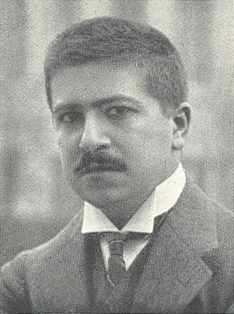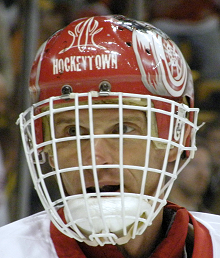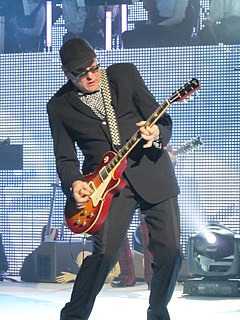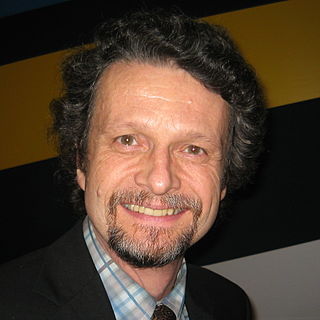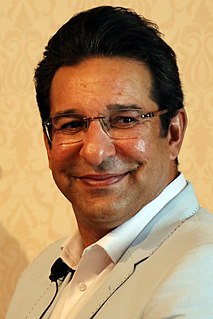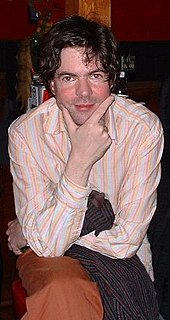A Quote by Artur Schnabel
Related Quotes
I am not afraid to stop the puck with my head. I try to do it sometimes even in practice; not everyday but once in a while, I say to my teammates, shoot me in my head and I'll try to stop the puck. I am not afraid at all of the puck, so sometimes, if the shot comes at my head, it's an easier save to make with your head. Maybe the people think a different way, but for me, I do it with my head.
To think that practice and realization are not one is a heretical view. In the Buddha Dharma, practice and realization are identical. Because one's present practice is practice in realization, one's initial negotiating of the Way in itself is the whole of original realization. Thus, even while directed to practice, one is told not to anticipate a realization apart from practice, because practice points directly to original realization.
The only thing you really have to practice is your ability. And this is something I do all the time. I try to teach my hand to do what I'm hearing in my head at any given second. I don't sit around and practice scales. I sit around and just try to make sure my hands are following what's coming to me.
Find your own picture, your own self in anything that goes bad. It's awfully easy to mouth off at your staff or chew out players, but if it's bad, and your the head coach, you're responsible. If we have an intercepted pass, I threw it. I'm the head coach. If we get a punt blocked, I caused it. A bad practice, a bad game, it's up to the head coach to assume his responsibility.
It was hard to become an astronaut. Not anywhere near as much physical training as people imagine, but a lot of mental training, a lot of learning. You have to learn everything there is to know about the Space Shuttle and everything you are going to be doing, and everything you need to know if something goes wrong, and then once you have learned it all, you have to practice, practice, practice, practice, practice, practice, practice until everything is second nature, so it's a very, very difficult training, and it takes years.
